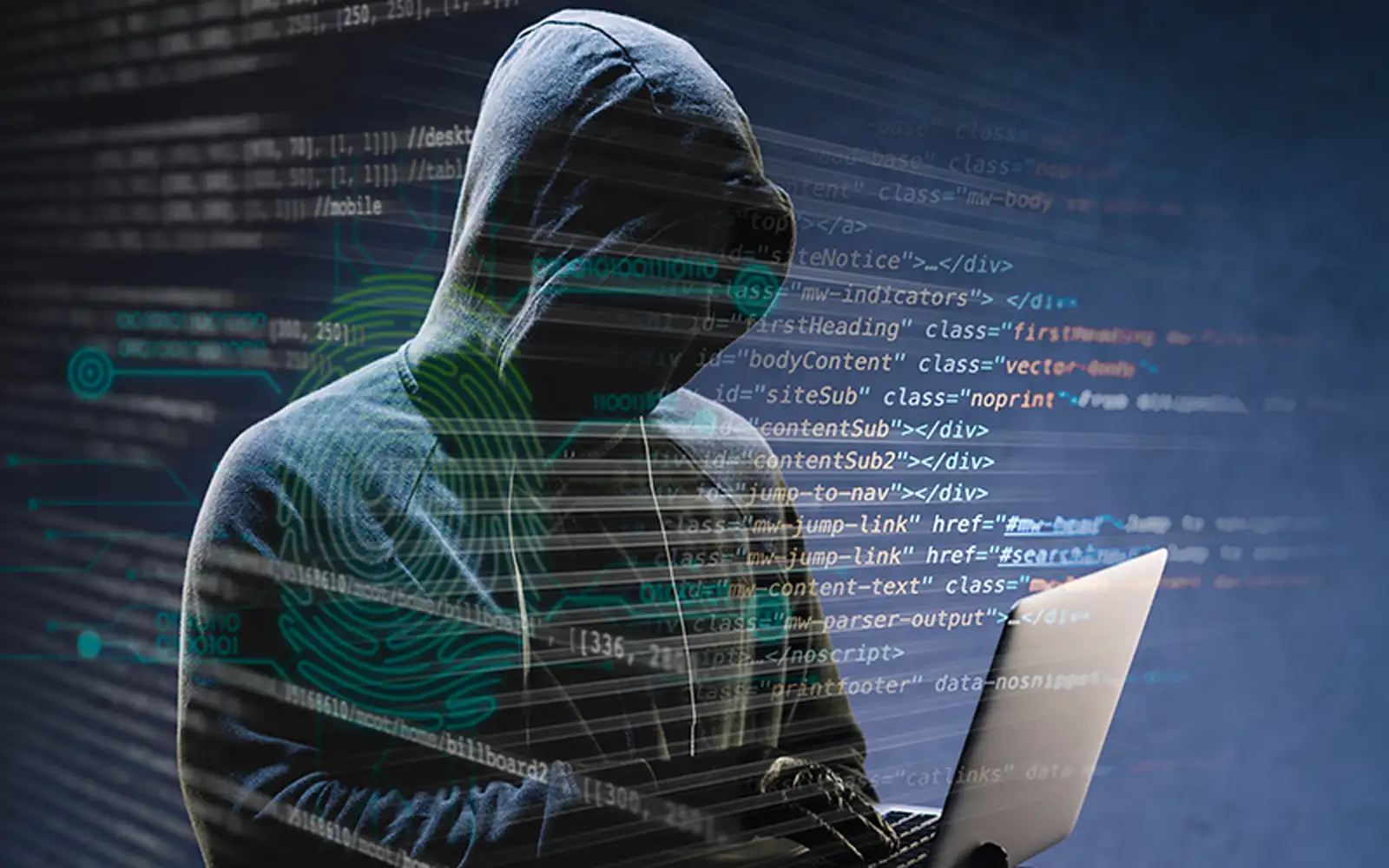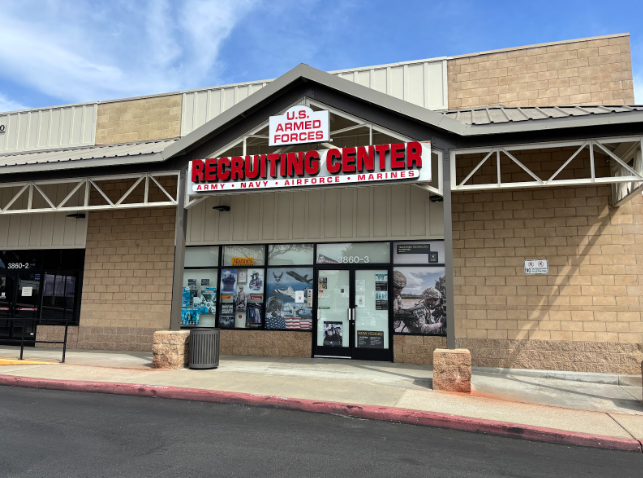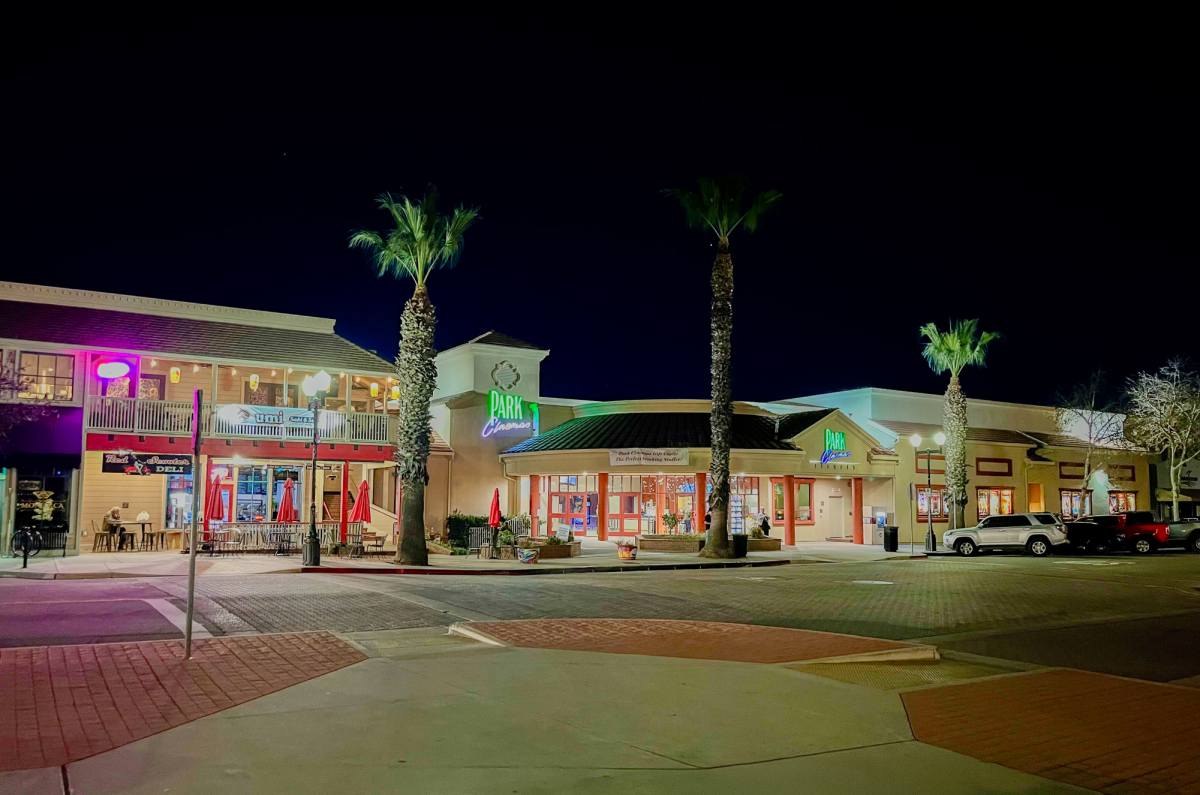Corporations and Companies
Have you ever said something near an electronic device, like a phone or computer, and later received an advertisement for that very thing? Has your friend or family member showed you a video, and suddenly videos with the exact same topic were recommended to you? If so, you might have wondered, with some worry, “Is my phone listening to me?” While there’s a high probability that there isn’t a real person from a tech company like Apple sitting at a desk listening to your conversations in real time, the answer is actually more complex than that.

Tech companies such as Snapchat, TikTok, Instagram, Google, etc. use things such as your location, search history, personal identifiers, cookies, and financial purchases to sell to third parties. This might not sound very reassuring, but the main objective for tech companies is simple: money. Scott Buller, the Chief Technology Officer for Paso Robles Joint Unified School District, gives insight on the matter: “Google does everything it does for free, right? Because they’re just for the good of humanity? No, they sell ads. They make their money by the ads they sell, so they want to know everything about you.” It is important to understand how they undertake this and also to understand ways to limit your privacy being compromised.
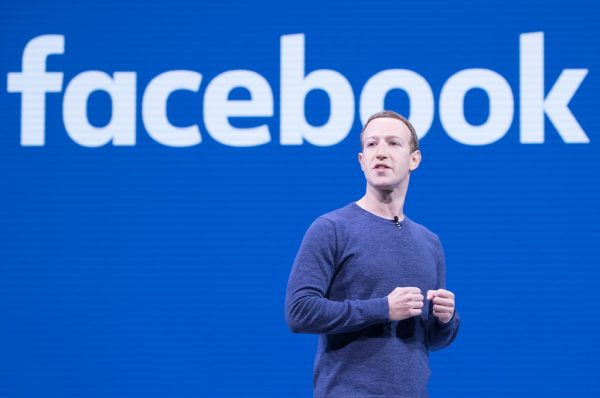
Your location is incredibly valuable to companies. The majority of apps ask if you would like to share your location, be it maps or social media–this could mean they potentially sell that information to third parties. It allows them to see precisely where you’ve been, how many times you’ve visited that place, and where you are at this exact moment. Third parties can use this to measure if you went to a store after seeing an ad, or if you’re going to a rival’s store or theirs.
The subjects you view, which includes your searches, websites you visit, and watch history, are all sold. It even goes to the extent that if you click ‘log in with (prominent company)’ even when you’re not on their app, your data is still collected and stored. Keeping your history is one of the key ways companies make money from your data on your device, whether it be your phone, computer, or even TV. If you need to search something more confidential than normal, you may opt to use a private tab or browsing window. While it varies per website or app, it generally prevents third party apps from collecting your data. However, it doesn’t prevent the actual website you’re using from collecting your search history. For example, in 2024, Google was sued over collecting search history and browsing data in their “Incognito mode” from millions of people.
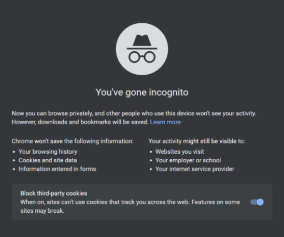
Even if you go to extreme lengths trying to keep your search history secret, tech companies still can access your IP address, phone number, OS version, and the Wi-Fi networks you’re connected to. It basically leaves a massive sign saying “I was here.” You might get creeped out if you’ve said something near an electronic device and it recommended something eerily similar later in the day. While your phone does passively listen, it probably isn’t recording everything you’re saying. To use voice commands like “Hey Google” or “Hey Siri,” it does need to listen for that. However, companies frequently deny that their services are listening in on your conversations.
As Buller said, “most of everything that they’re going to collect are things that are willingly given by the person themselves. . .everything from your account creation, your name, your email address, phone numbers, biography, and photos.” Typically, when creating an account or entering a website, an end user license agreement is accepted by the consumer. This gives over a multitude of things to the company, even going to the extremes of legally giving ownership of your photos to them. This way they aren’t liable if you store precious photos on their app and lose it. The good news is that there are ways to prevent data harvesting and security breaches to some degree. If you’re still worried about hackers getting into your camera, simply putting tape or a sticker over it is the most effective way for privacy. Additionally, using a Virtual Private Network (VPN) can mask your true IP address, although it would be preferable to continually refresh it. Buller also said, “My recommendation for the best thing you could do to stop all of this from happening is spend less time on your device. Go outside. Take a hike. Be with friends, face to face.”
The Government

Despite the fact that companies themselves probably don’t actively use real people to read through your personal messages on a daily basis, jokes about ‘Big Brother’ or having your own personal FBI agent watching you are actually closer to reality than you think. In 2013, Edward Snowden, a whistleblower and former National Security Agency (NSA) employee, leaked classified information about secret spy programs which included: PRISM, Tempora, Nymrod, and Dishfire. Although each one of these may have had differing targets, they all were for one purpose: global mass surveillance. Due to the extreme secrecy surrounding those programs, it is difficult to know how many of them have continued in the twelve years since Snowden’s revelations, but because of him, we know for sure what they can do—and have done.
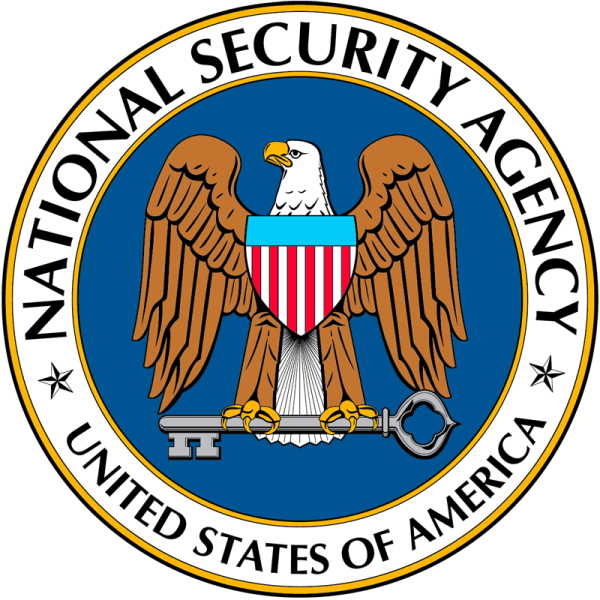 PRISM was, and perhaps still is, a United States spying program under the National Security Agency (NSA), which has gathered information from millions of people. The NSA is allowed warrantless surveillance to practically anyone they deem necessary, allowable under Section 702 of FISA Amendments Act of 2008. Because of this, PRISM is allowed to demand that companies such as Google, Microsoft, Facebook, and YouTube via secret agreements to gather mass amounts of data and scan emails, photos, and data that matched “court-approved terms.” Tempora is used by the British government’s cybersecurity agency GCHQ, which uses similar tactics to intercept millions of calls and emails, as well as internet history. Tempora also frequently shares information with their American partners at the NSA. Even though the NSA isn’t allowed to look at information on someone who is currently in the U.S., they do have crafty loopholes. Tempora is British-run, so they do not have to follow U.S. laws, which means they can hand over as much information as they want about US citizens. Thus both the U.S. and UK work together hand-in-hand.
PRISM was, and perhaps still is, a United States spying program under the National Security Agency (NSA), which has gathered information from millions of people. The NSA is allowed warrantless surveillance to practically anyone they deem necessary, allowable under Section 702 of FISA Amendments Act of 2008. Because of this, PRISM is allowed to demand that companies such as Google, Microsoft, Facebook, and YouTube via secret agreements to gather mass amounts of data and scan emails, photos, and data that matched “court-approved terms.” Tempora is used by the British government’s cybersecurity agency GCHQ, which uses similar tactics to intercept millions of calls and emails, as well as internet history. Tempora also frequently shares information with their American partners at the NSA. Even though the NSA isn’t allowed to look at information on someone who is currently in the U.S., they do have crafty loopholes. Tempora is British-run, so they do not have to follow U.S. laws, which means they can hand over as much information as they want about US citizens. Thus both the U.S. and UK work together hand-in-hand.

Along with PRISM and Tempora, Snowden also revealed the services of Dishfire and Nymrod. Both the U.S. (NSA) and the UK (GCHQ) worked with Dishfire, which gathers and stores around 200 million text messages daily from everyday people, as well as 1.6 million border crossings and 800,000 financial transactions. Nymrod on the other hand, was not used in the millions—but instead for select high ranking government officials. This service targeted over 100 political leaders such as former German Chancellor Angela Merkel and former Ukrainian prime minister Yulia Tymoshenko. After the existence of Nymrod was leaked by Snowden, diplomatic relations were tense between countries whose leaders had been spied on and the United States.
Would you be comfortable if the government had access to everything you’ve done or said online?

Maddox Jimenez – “I’ve seen people say ‘nothing to hide, nothing to fear.’ If the government can see everything you’ve done, and they’re the ones who decide what’s right or what’s wrong: who’s to say you couldn’t be arbitrarily put on the chopping block?”

May-Lee Rendon – “I’d be okay if [the government] had access to everyone else’s stuff, because what if another person has intent to do something really, really bad? Say, something to hurt the government or to hurt a person. I don’t do any of that stuff, so I’m fine with the government monitoring it all.”
Although much of the NSA’s surveillance was designed for ‘counter-terrorism measures,’ to keep us safe from people who want to cause us harm, Snowden’s leaks as well as recent events highlight misuse and invasions of privacy by the NSA beyond its stated intention. Snowden described NSA coworkers sifting through private messages and finding nudes of women, and they jokingly called them ‘bonuses’ and turned the screen to let other agents nearby see. Even in 2022, an NSA agent had illegally abused their permissions and spied on women he had found through an online dating service. As Snowden described the entirety of mass surveillance, “The machines I had been working with. . .all of the systems: they had stolen and were stealing not just one person’s memories, they were stealing everyones, everywhere, all the time and they still are right now. . . Everything we do lasts forever.”

